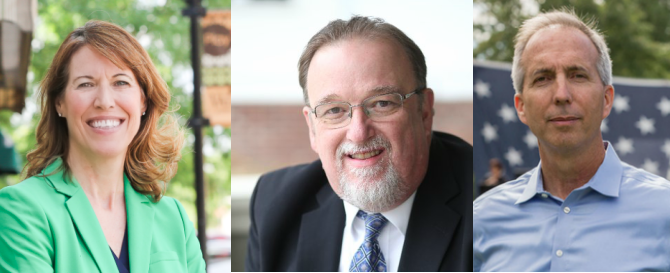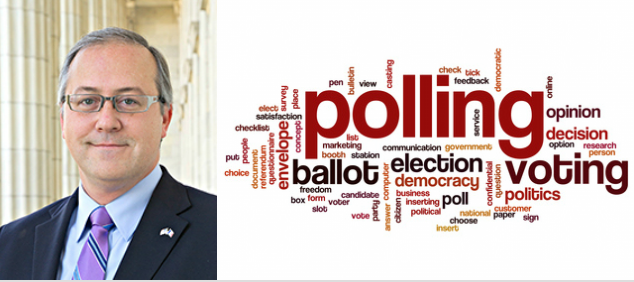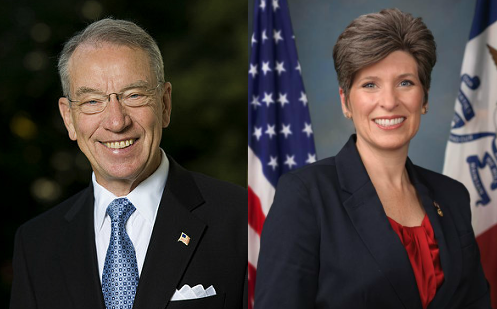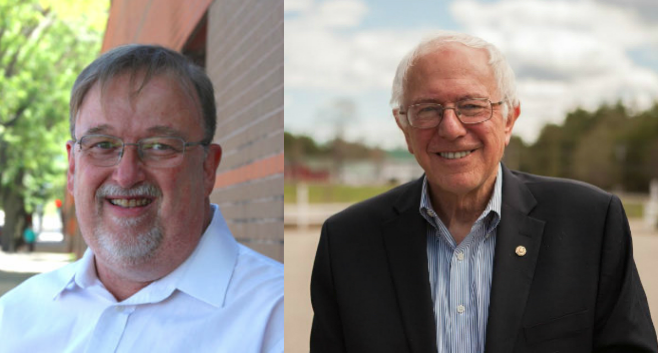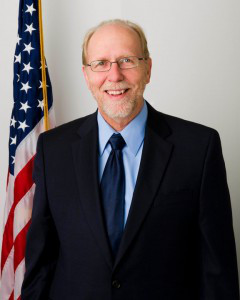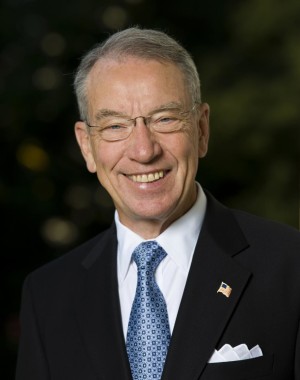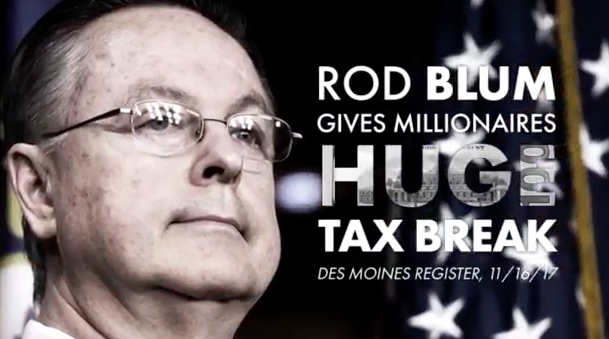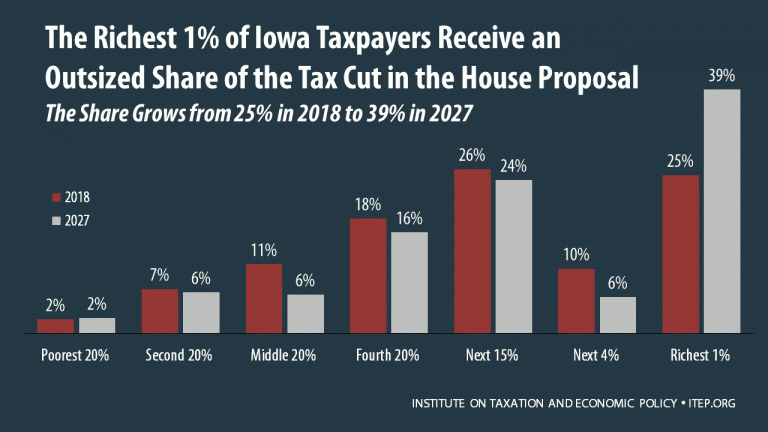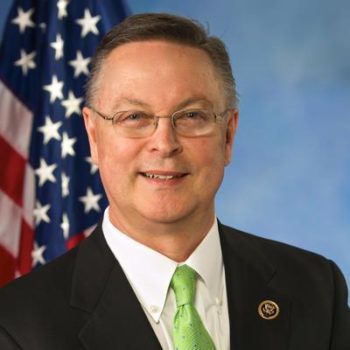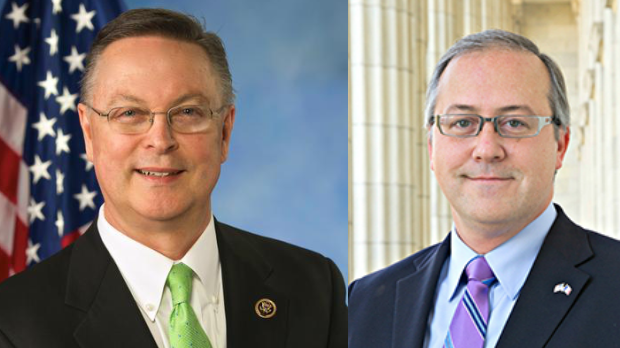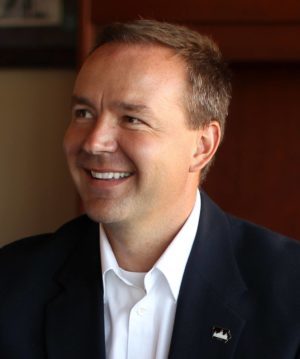Editor’s note: Des Moines Democratic activist Robert Niederklopfer drew the cartoon posted above.
The crisis of some 2,300 children separated from their parents after crossing the southern border of the U.S. reached a tipping point this week. The “zero-tolerance policy” is two months old, but new images of kids locked in cages and heartbreaking sounds of children crying for their parents outraged millions of Americans.
A new national poll suggests voters oppose taking children away from their parents by a two to one margin. Thousands have called their members of Congress to demand action. Former acting Director of U.S. Immigration and Customs Enforcement during the Obama administration John Sandweg has warned that many of the separations will end up becoming permanent. Several “tender age” shelters are housing very young children, some unable to talk or remember their parents’ names.
I enclose below comments from leading Iowa politicians on the issue. Most predate the executive order Trump signed today, which will do nothing for families already separated and may not help new arrivals either.


